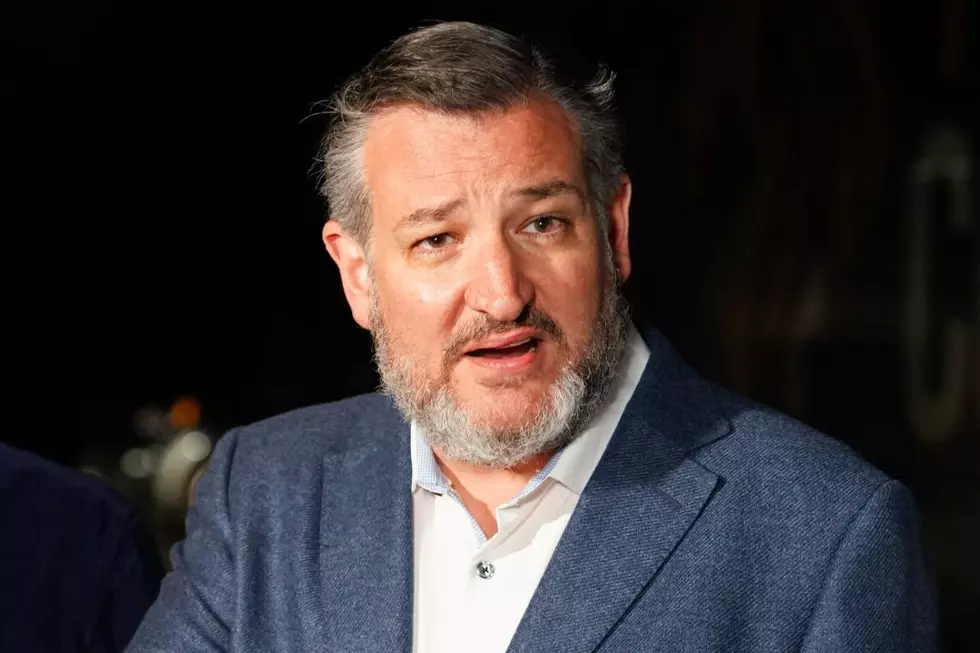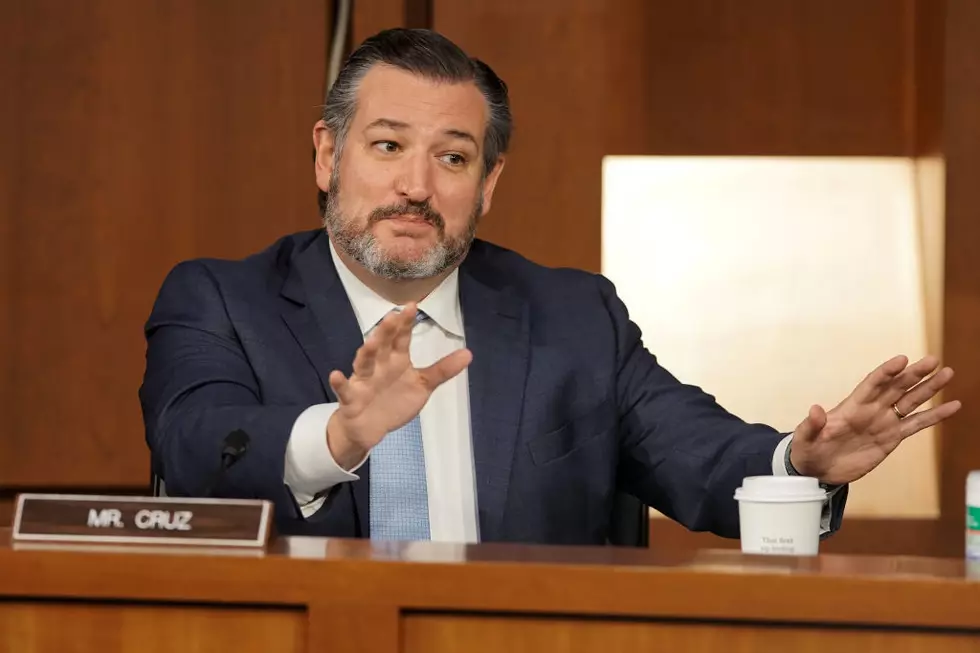
Ted Cruz Wins Iowa Republican Caucuses, Defeating Donald Trump and Marco Rubio
Monday night in Iowa, Americans cast their first ballots for who will become the next president. On the Republican side, Senator Ted Cruz of Texas won 28 percent of caucus goers, closely followed by Donald Trump at 24 percent and Senator Marco Rubio of Florida with 23 percent.
While the result is obviously good news for Senator Cruz, tonight's numbers are simply the first stage of what is likely to be an extended journey for all involved. The campaigns will now refocus on New Hampshire, which holds its primary on February 9, and then South Carolina soon after. Polls currently show Trump in the lead in both states, though those numbers could change wildly in the eight days leading up to the actual vote in the Granite State.
The Iowa caucuses have served as the first step in the two major political parties' presidential nominating processes for decades, though the results do not always lead to either party's actual nominee in the end. In 2008, for example, Republicans in Iowa chose Mike Huckabee. In 2012 they picked Rick Santorum. But in both years a different nominee eventually won the GOP nomination (John McCain in 2008, Mitt Romney in 2012).
After Rubio's somewhat surprisingly strong third-place finish, Ben Carson finished fourth with 9 percent, followed by Senator Rand Paul of Kentucky with 4 percent and former Florida governor Jeb Bush with 3 percent. Carly Fiorina, Ohio governor John Kasich, former Arkansas governor Mike Huckabee, and New Jersey governor Chris Christie all received 2 percent. Huckabee announced he would suspend his campaign.
More From Newstalk 1290









